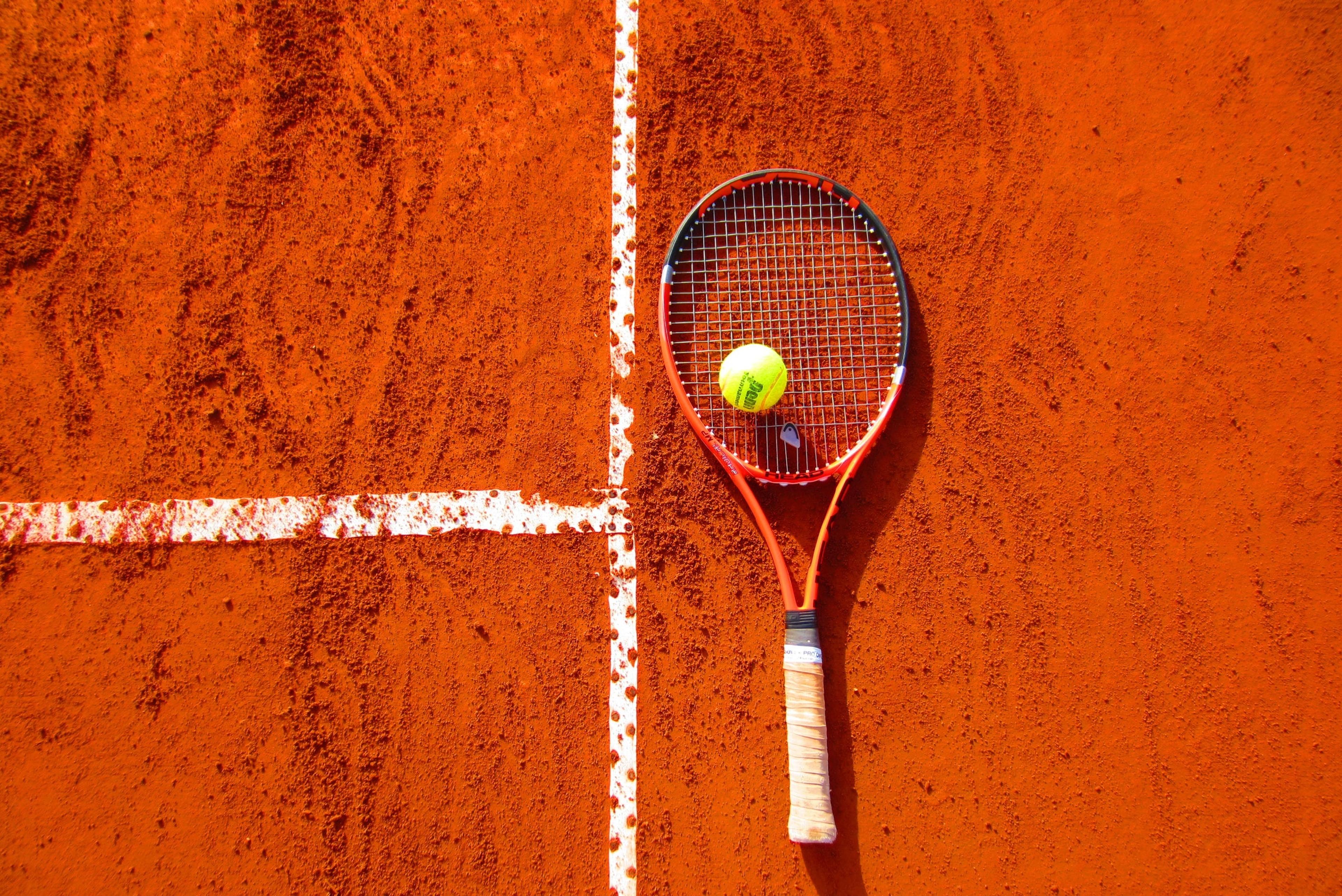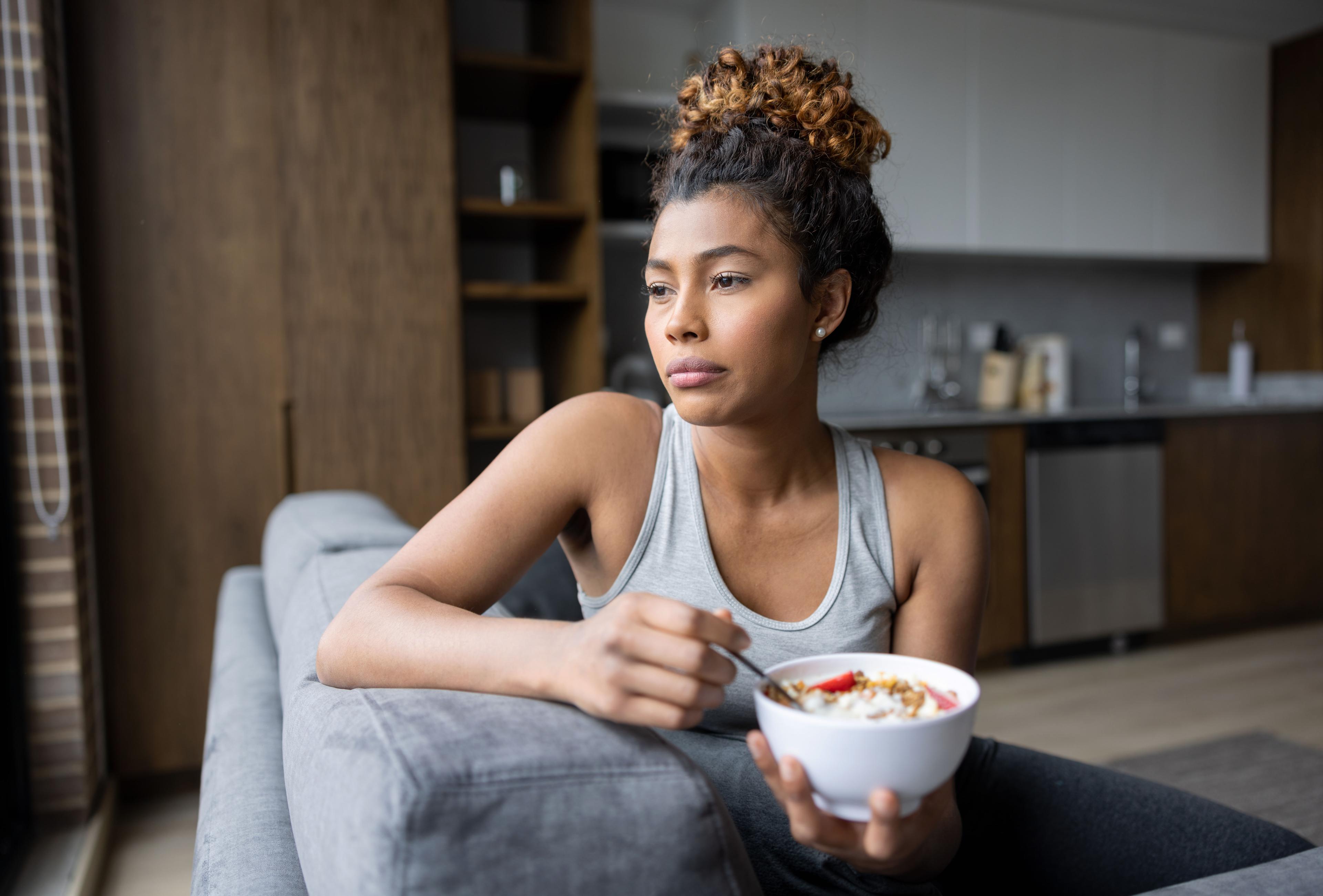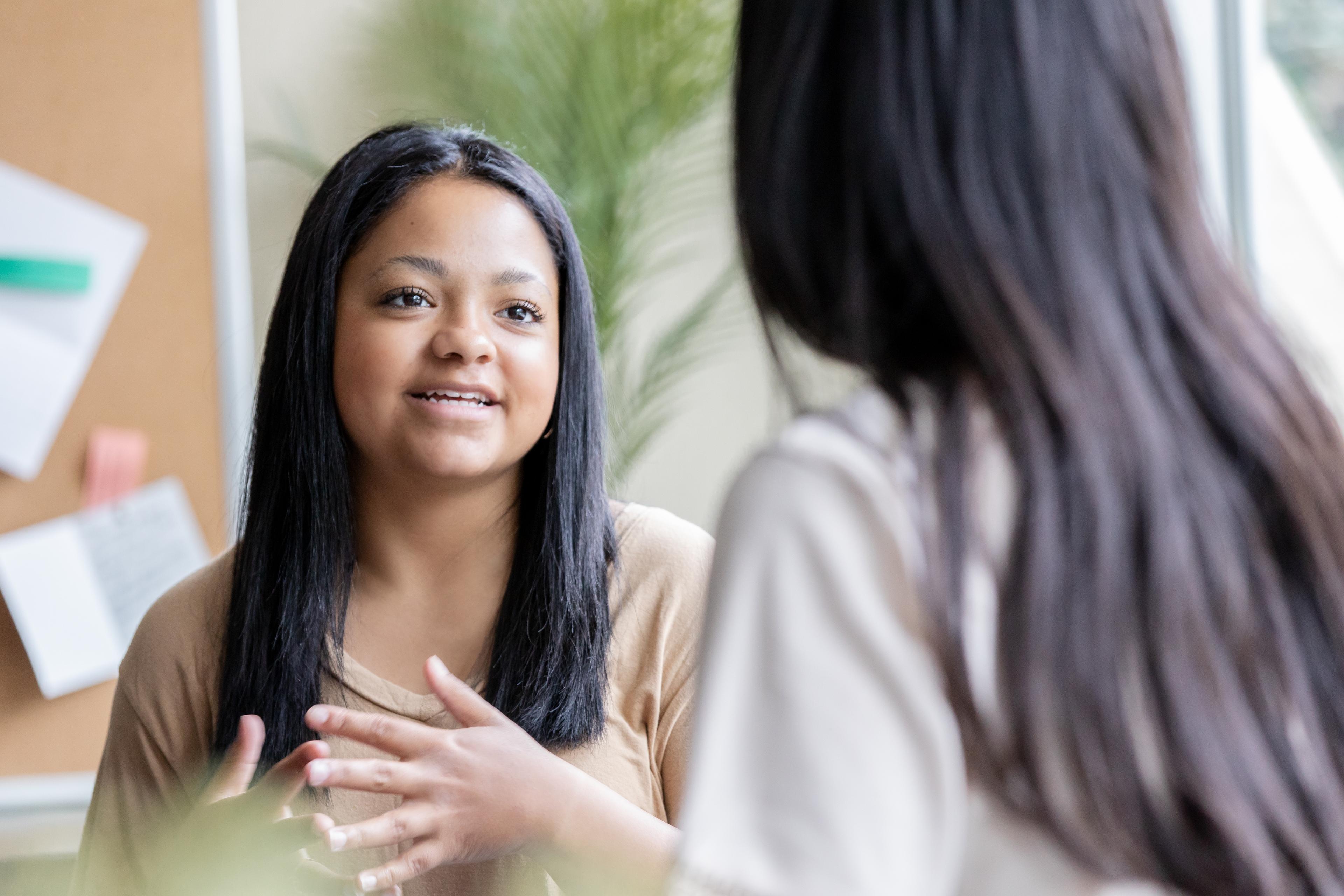
When I was a teenager, I was a competitive swimmer, training up to 4 hours a day. Irregular periods were the norm on my swim team and nobody thought much of it. I can recall when a teammate told our coach she was worried she hadn’t had a period in many months. The coach said, “That’s a good thing! That just means you’re training hard enough.”
Now, years of research shows it’s generally NOT normal for a teen to have absent or irregular periods. Despite the medical evidence, I have had many cisgender female patients who have been told by well-intentioned adults, and sometimes even healthcare providers, that their absent periods just mean they’re working hard enough in their sport, it’s nothing to worry about, or even that it’s a good thing. But missing periods can indicate a dangerous physiological problem that can lead to permanent damage to bone health and affect virtually every organ in the body.
First, let’s focus on what’s normal
- Having a first period (menarche) after the age of 9 and before the age of 15 (average age of menarche is about 12 and a half)
- Having some irregular periods in the first 1-2 years after menarche
- A cycle between 21 and 35 days, and maybe a bit longer in the first 2 years after menarche
- A period lasting 3 to 7 days
Potential causes of irregular or absent periods
- Caloric deficit*. This will be the focus of today’s blog.
- Underlying medical condition, like Polycystic Ovarian Syndrome (PCOS) or thyroid disease
- Structural or anatomical abnormality of the genitalia
- Pregnancy
Understanding energy imbalance and how it relates to menstruation
When someone expends a lot of energy in the form of exercise, or restricts their dietary intake (as with many eating disorders, this often results in an energy imbalance. This means caloric intake is less than caloric expenditure/output. When a body is in caloric deficit, virtually every organ system can be affected. Also, injuries, illnesses, and poor athletic performance are more likely. This syndrome of energy imbalance is called RED-S, which stands for “Relative Energy Deficiency in Sport”.
FAQ’s about RED-S:
I’m a 17-year-old cisgender female softball player. Why should I care that I’m not getting a period? Getting my period sucks!
You’re right. Getting your period can be an inconvenience. And for some, downright painful and horrible! But if you’re not getting regular periods due to inadequate caloric intake, your body isn’t producing enough estrogen. Estrogen is a hormone that’s crucial to keeping your bones strong. You can only build bone until your 20’s, so your teen and young adult years are very important for building up peak bone mass for life!
P.S. If your period is especially painful or heavy, see your medical provider as there are some great treatments for this. No need to suffer!
But I’m a guy and I don’t get periods. This doesn’t apply to me, right?
It sure does! Even though males and those without uteruses aren’t capable of having periods, the impact on the body when not getting enough nutrition is virtually the same. You can have all the same consequences of RED-S, even the decreased bone density (testosterone decreases and bones cannot sufficiently strengthen with suppressed hormones!). In fact, it’s best to be on high alert if you’re a male or don’t have a uterus, as it can be harder to tell when you’re not meeting your energy needs when there’s no glaring sign like missing periods in females/people with uteruses.
I was told I have the Female Athlete Triad. How does that relate to RED-S?
The Female Athlete Triad is a very similar and related condition that similarly describes a low energy state like RED-S (3). The Female Athlete Triad refers to a syndrome of 3 interrelated conditions:
- Decreased energy availability
- Irregular or absent menstrual cycles
- Decreased bone mineral density
We know now low energy states affect all humans, regardless of whether or not they have a uterus. Low energy states affect many parts of the body—not just bone health.. You can have both Female Athlete Triad and RED-S, but RED-S is a broader framework.
When to get help
If your teen is not having regular periods (and it’s been more than 2 years since their first period), if periods haven’t started by the age of 15, or if your teen has very painful periods, please seek guidance from her pediatrician or other medical professional. Sometimes, RED-S can be the result of an eating disorder, in which case our team at Equip is here to help with our virtual 5-person care team.
Related reading for patients and families:
- Gray, S. Menstrual Disorders. Pediatrics in Review Jan 2013, 34 (1) 6-18; DOI: 10.1542/pir.34-1-6
- Statuta SM, Asif IM, Drezner JARelative energy deficiency in sport (RED-S). British Journal of Sports Medicine 2017;51:1570-1571.
- Carlson, J, Hill, K. “The Female Athlete Triad.” Adolescent Medicine: State of the Art Reviews (AM:STARs), November 2018







